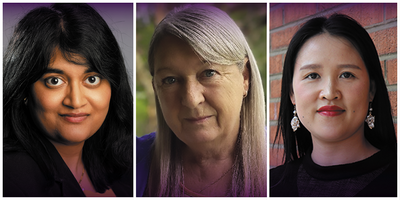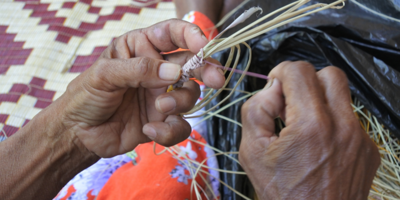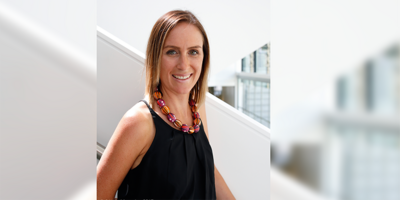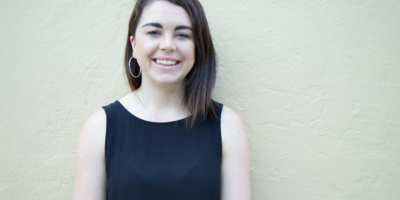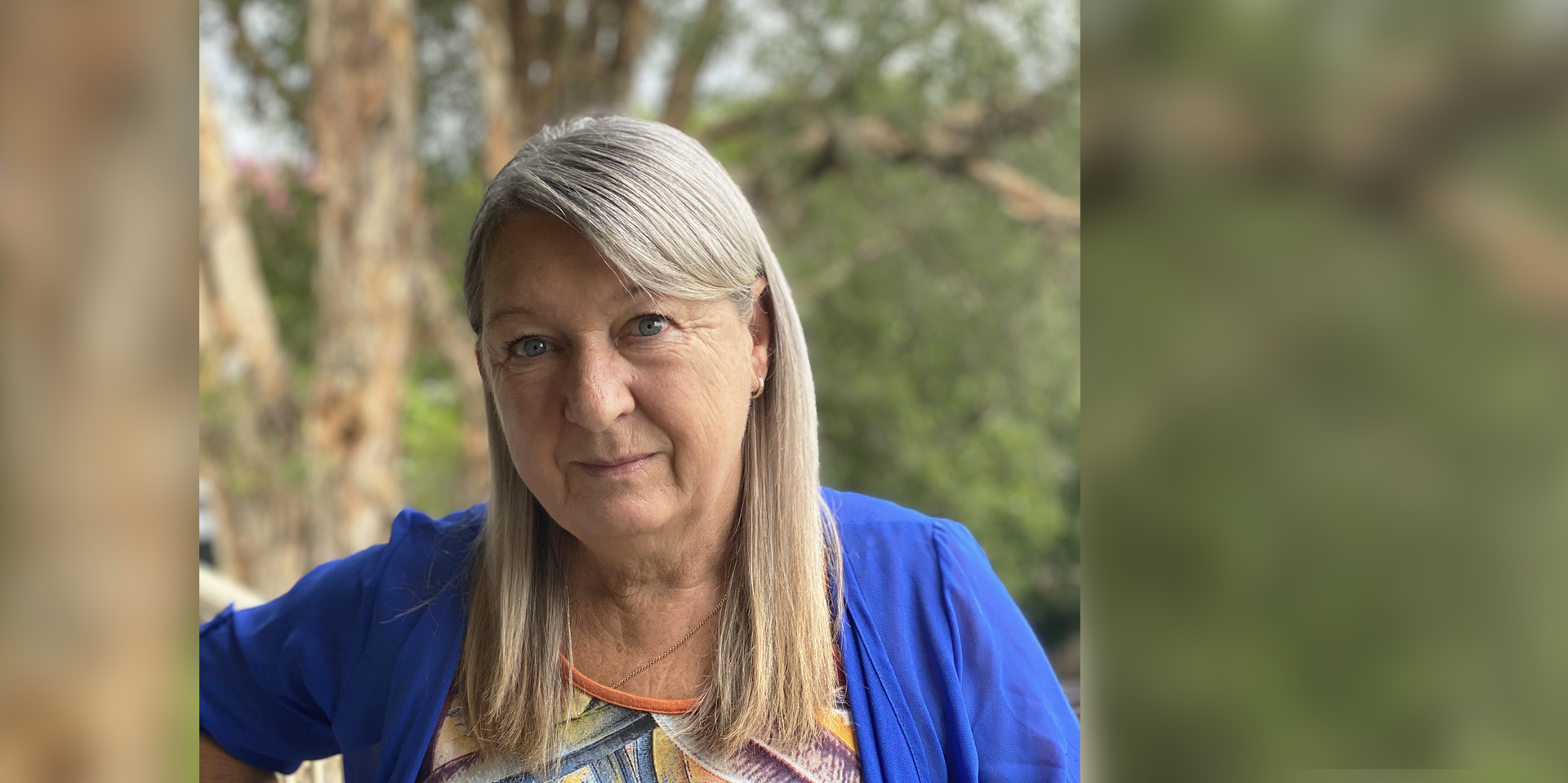
Meet Julieann Coombes, Research Fellow, Aboriginal and Torres Strait Islander Program
Julieann Coombes is a Research Fellow for the Aboriginal and Torres Strait Islander Health Program at The George Institute for Global Health.
Tell us a little bit about yourself. What were your motivations for getting into research, specifically health research and how did you start out?
I am a Gumbaynggir woman through my great grandfather, with connections to Kamilaroi Country where I spent most of my childhood living in a small town in North West NSW, Australia. I held negative views on researchers and blamed some of the injustices done to First Nations people on white institutions and what researchers told white institutions must be done to fix our communities.
I applied for a position in a health institute never thinking for a moment that I would be successful in gaining this position, and not realising that I would one day soon become what I detested; a researcher.
However, once I started working as a researcher, I realised that not all research has negative impacts on First Nations communities; like research done by The George Institute.
I started working in a field very new to me and it took time to learn the new language of research - the jargon that was foreign to me - but I soon found myself enjoying the new direction I had taken as an Australian First Nations researcher.
Working at The George Institute gave me an opportunity which led me to enrol in The University of Technology in Sydney to obtain my Doctor of Philosophy in Public Health by research. I submitted my thesis for examination on March 13 this year.
What are some examples of your latest research?
My research has transported me across Australia to remote and urban areas with First Nations parents, carers, families and communities for the Coolamon Study, Understanding burn injuries in Aboriginal and Torres Strait Islander children. I previously worked as a research officer on the Ironbark Pilot, working with six Aboriginal communities across NSW to develop, pilot and evaluate a community-based falls prevention/healthy ageing program. I have supported and advised projects working in First Nations communities across The George, UNSW and UTS.
Some of the papers I have written include:
- Walking Together to Create Harmony in Research: A Murri woman’s approach to Indigenous Research Methodology
- First Nation Elders’ perspectives on healthy ageing in NSW, Australia
- Factors that Impact Access to Ongoing Health Care for First Nation Children with a Chronic Condition
- Is Anybody Listening? Australia’s First Nation Families Stories Whose Children Had Sustained a Burn Injury.
- “They are worth their weight in gold”: Families and clinicians’ perspectives on the role of First Nations Health Workers in paediatric burn care in Australia.
Why is it important to decolonise research for First Nations people?
Many studies show that currently health systems and services in Australia (not including First Nations health services) are failing to meet the needs of First Nations people and the gap is not closing. Health systems do not meet the needs of First Nations people and are not conducive to First Nations families’ wellbeing.
Policies and procedures must change and improve to provide First Nations people with a holistic approach to healthcare and adequate support systems must be put in place in a culturally safe manner. Research in First Nations communities will be more effective when it has been decolonised and First Nations people connect with First Nations researchers who have a lived experience and knowledge of culture, lore and Country connection.
I have seen first-hand over the few years of my journey that First Nations people yarn more freely with other First Nations people; this is not new knowledge, it is a well-known fact. Research must have First Nations people involved from the inception and throughout the research to dissemination. Research must be transparent and must be decolonised before we see changes in health disparities.
What inspired you to join The George Institute for Global Health?
I had no knowledge of The George Institute. I just applied for a position that involved working in Aboriginal health which I had been doing for over 27 years and the position suited me.
What is your favourite part of being an Aboriginal and Torres Strait Islander Research Fellow?
Working in Western academia, research and health structures while maintaining a strong cultural identity and community ties requires a continued connection to one’s self knowing. Being able to use the reflexivity and multiple Indigenous methods in my research methodology has allowed me to continue to stay strong in my cultural integrity and identity and it has afforded me the privilege of decolonising Western methodologies in my knowledge and study, upholding the sovereignty of First Nations people in the process. My favourite part of being a researcher is giving First Nations people in Australia a platform for their voices to be heard.
What other hats do you wear?
A mother of five daughters, 13 grandchildren and one great grandchild. I am on several First Nation health and education boards. I am a member of the AH&MRC ethics committee. I also support First Nations research projects across The George Institute.




